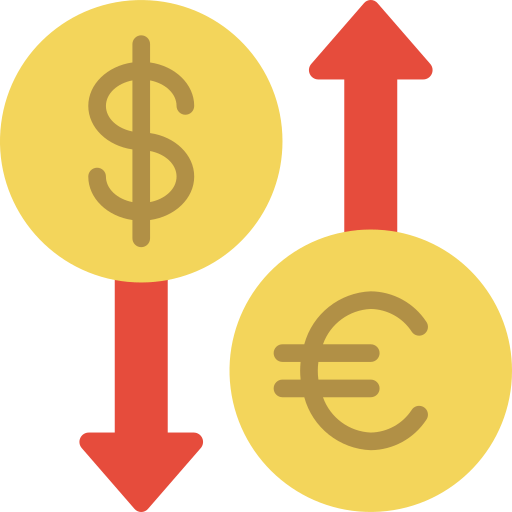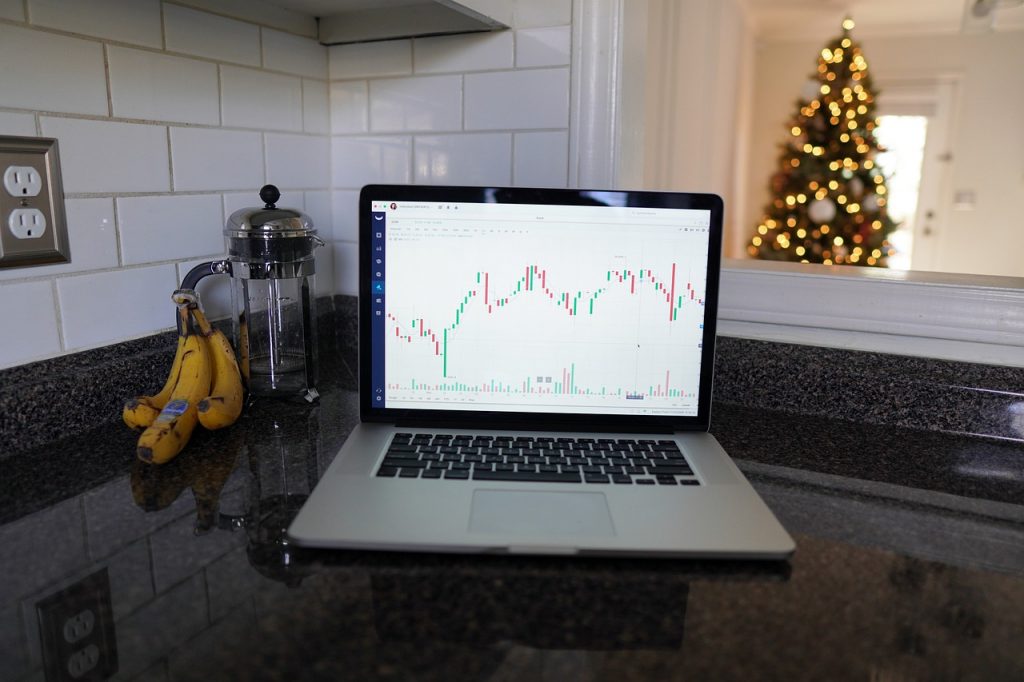CFD trading allows you to speculatively trade the price movements of a financial asset without going through the complexities of owning it directly. For example, it is a financial tool that allows a trader to speculate on the price of a stock or index without purchasing it.
You can own a contract that brings you very close to enjoying all of the profits (and losses) that would occur if you owned the underlying securities.
How to Trade CFDs
Futures and options on stocks, bonds, currencies, and commodities are complex financial contracts that yield big profits or huge losses. Therefore, it is a requirement that all operators who offer these products disclose all the risks involved and warn you of the risks of trading these contracts.
One way to trade CFDs is through a brokerage platform. Brokers offer tools that let you buy and sell the contracts. You can use those tools in conjunction with software that automatically executes your trades. In addition, the brokerage platform gives you a place to store your trades.
Another way is through a trading platform that integrates the brokerage platform with a different marketplace that automatically lets you buy and sell the contracts. Software used to trade CFDs is always free. However, you may only pay commissions for using the brokerage or the trading platform. You can also trade CFDs through a portal that connects you to a market maker.
Main Risks involved in Trading CFDs
Trading highly leveraged products such as CFDs is a high-risk venture, and you should only trade with what you can manage should the results turn out to be unfavorable. Therefore, you should be able to afford the resultant losses of your entire capital.
Trading on highly leveraged products may not be suitable for all investors. Therefore, you should ensure that you understand, before trading, the extent of your risk exposure. The value of shares, ETFs, ETCs, options, futures and other leveraged products may fall as well as rise.
CFDs, Leverage and Trading Margins
Margin is the amount of capital you have available to trade CFDs. Leverage is the percentage the broker gives you based on the amount of margin you have.
Contracts for Difference (CFDs) are a type of derivative that allows investors to speculate on the price movements of a wide range of underlying assets, from stocks and commodities to currencies and indices.
One of the critical differences between CFDs and other types of derivative products is that CFDs trades on margin, which means that you only need to put down a fraction of the total price to open a position. Thus, your losses are limited to your initial outlay.
CFDs give you the ability to speculate on the price movements of a wide range of underlying assets, from shares and commodities to currencies and indices.
Trading CFDs involves buying a contract that specifies the underlying asset’s price to be purchased or sold at a selected future date.
The exchange where you trade the CFDs will determine the margin you need, which will vary from one provider to the next.
The margin is a percentage of the notional value (the contract’s price multiplied by the number of units it specifies).
Conclusion
CFDs are an ideal vehicle for traders who want to speculate on price movements of a particular instrument without having to buy the actual asset. CFDs are leveraged instruments, meaning that you only need to invest a fraction of the asset’s value.
Margin loans are dangerous because they increase the risk and volatility of your investment. For example, you might not be able to repay your loan if the stock price goes down. And even if you can pay the loan back, you might not get back the total amount.
You can trade CFDs through:
Brokerage platform: The platform is a trading software that is integrated with your brokerage.
Trading platform: the trading software that’s integrated with a brokerage platform or
CFD trading portal: a third-party site that connects traders to a broker or market maker.
It is paramount that you obtain adequate information and guidance and learn as much as possible about CFDs trading before you begin trading. Building a solid foundation for trading CFDs will help you increase your overall success.

